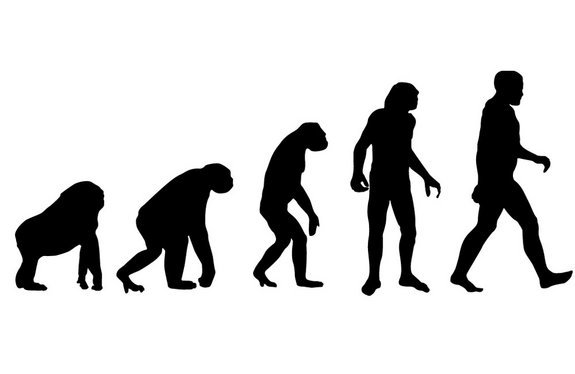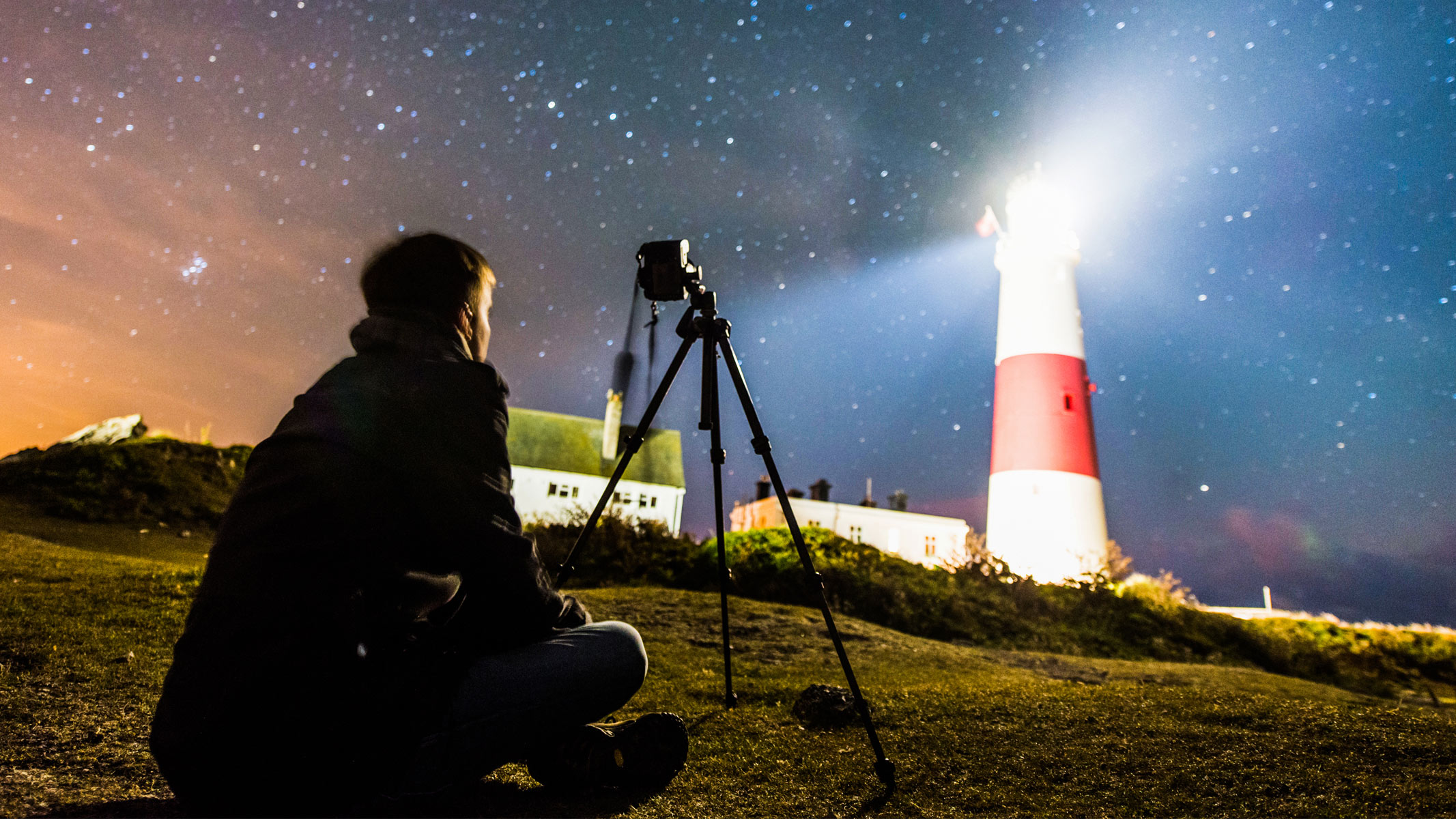Aches and Pains: You Can Thank Evolution for Them

Get the world’s most fascinating discoveries delivered straight to your inbox.
You are now subscribed
Your newsletter sign-up was successful
Want to add more newsletters?

Delivered Daily
Daily Newsletter
Sign up for the latest discoveries, groundbreaking research and fascinating breakthroughs that impact you and the wider world direct to your inbox.

Once a week
Life's Little Mysteries
Feed your curiosity with an exclusive mystery every week, solved with science and delivered direct to your inbox before it's seen anywhere else.

Once a week
How It Works
Sign up to our free science & technology newsletter for your weekly fix of fascinating articles, quick quizzes, amazing images, and more

Delivered daily
Space.com Newsletter
Breaking space news, the latest updates on rocket launches, skywatching events and more!

Once a month
Watch This Space
Sign up to our monthly entertainment newsletter to keep up with all our coverage of the latest sci-fi and space movies, tv shows, games and books.

Once a week
Night Sky This Week
Discover this week's must-see night sky events, moon phases, and stunning astrophotos. Sign up for our skywatching newsletter and explore the universe with us!
Join the club
Get full access to premium articles, exclusive features and a growing list of member rewards.
BOSTON — Bad backs, dangerous childbirths, sore feet and wisdom teeth pains are among the many ailments humans face from evolution, researchers say.
In an evolutionary sense, humans are by far the most successful primates on the planet, with a world population close to 7 billion. Humanity owes this success to a number of well-known adaptations, such as large, complex brains and walking upright on two feet. However, there are downsides to these advances as well.
"We're dealing with the scars of human evolution," anthropologist Alan Mann at Princeton University told LiveScience.
For instance, while walking upright freed up our hands for tool use, a key factor in human success, the resulting stresses from gravity on the human spine may have led to unique back pains.
"We're the only mammals that spontaneously fracture vertebra," anthropologist and anatomist Bruce Latimer at Case Western Reserve University told LiveScience.
Latimer and other scientists detailed their findings on human evolution today (Feb. 15) here at the annual meeting of the American Association for the Advancement of Science.
Achy backs
Get the world’s most fascinating discoveries delivered straight to your inbox.
To underscore the challenges the human spine faces because of humanity's upright posture, Latimer compared the spine to a tower of 24 cups and saucers, with each cup representing a vertebra in the spine and each saucer one of the disks between each vertebra. [10 Wacky Facts About Humans]
"Then take a book like a dictionary and put it on top. This is the head. If you are really careful, you can balance it — otherwise there's a lot of porcelain on the ground," Latimer said. "Then imagine taking this and putting in all the curves that you naturally have in the spine. I could give you all the duct tape in the world, and you still couldn't possibly balance it."
As the spine developed curves to keep balanced while upright, it can become stressed at certain points. This can result in conditions such as lordosis, or swayed backs; kyphosis, a rounded upper back or hunch back; and scoliosis, a sideway curve in the spine.
In addition, the spine also suffers from how people walk — one foot forward at a time with the opposite side arm swinging in step.
"This creates a twisting motion that, after millions of twists over time, the discs between the vertebrae begin to wear out and break down, resulting in herniated discs," Latimer explained.
Evolving from four-footed to two-footed walking has also resulted in a host of foot problems, such as flat feet and bunions. Fossil evidence suggests that humans have suffered foot problems such as high-ankle sprains as far back as 3.5 million years ago, not just because of more recent, sedentary lifestyles.
"The fossil record is revealing that a lot of the foot problems we have now can be traced back to our past," functional morphologist Jeremy DeSilva at Boston University told LiveScience.
Pain in the teeth
The dramatic boost in brain size that helps set humans apart the most from the rest of the animal kingdom also has led to problems many now experience with wisdom teeth, the third set of molars that get their name from the fact that they erupt as people approach the end of adolescence. [10 Odd Facts About the Human Brain]
"Our brains expanded to more than triple of our ancestors. As a result, the architecture of the braincase has changed," Mann said.
This often leaves wisdom teeth no room to grow, causing them to erupt in painful ways.
"Evolution doesn't produce perfection," Mann said.
The problems that wisdom teeth can pose likely explain why genetic mutations that prevent their development have spread in human populations.
"The population with the highest frequency of missing third molars are the Inuit in the Arctic of North America, where it's as high as 44 percent," Mann said. Intriguingly, the only human population that apparently always had wisdom teeth in adulthood were the Neanderthals, he added.
Designing a human body
The evolution of upright walking has also made childbirth much riskier for humans than any other primate.
"If you want to look for examples of how we're not the result of intelligent design, you don't have to go far — just look at the complicated, uncomfortable way we have babies,"anthropologist Karen Rosenberg at the University of Delaware told LiveScience.
The complex societies that humans have developed now help women survive childbirth.
"We mitigate these problems with midwives, obstetricians, attendants of any sort in the childbirth process," Rosenberg said.
"If an engineer were given the task to design the human body, he or she would never have done it the way humans have evolved," Latimer said. "Unfortunately, we can't go back to walking on four feet. We've undergone too much evolutionary change for that — and it is not the answer to our problems."
Follow LiveScience on Twitter @livescience. We're also on Facebook & Google+.

 Live Science Plus
Live Science Plus










